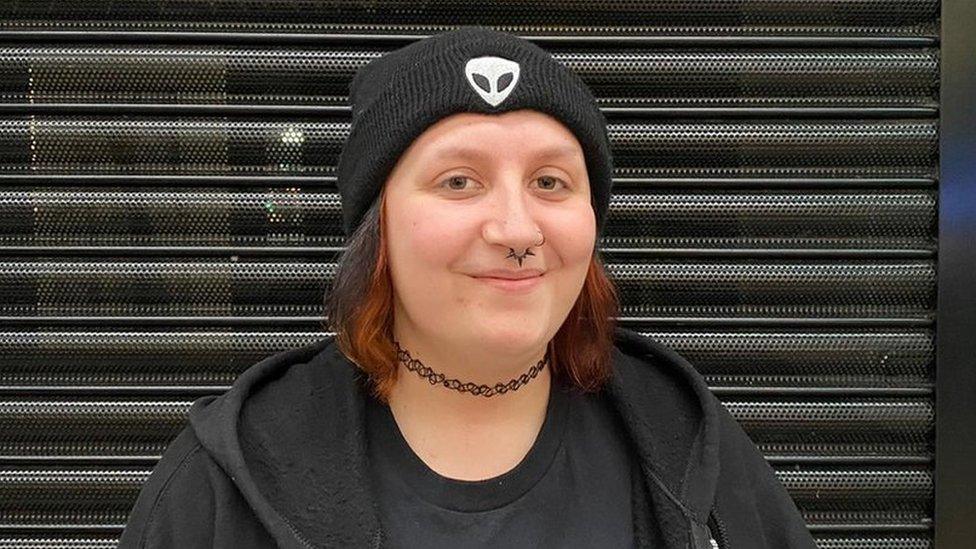Cost of living: Zero-hour jobs and the impact on mental health
- Published

Aqibur Rahman says the instability of his zero-hour job took him to a "dark place"
Aqibur Rahman used to dread getting up for work.
The 22-year-old had been surviving in temporary jobs - like factory work and cold-calling - since he was 16.
But when prices began soaring in 2021 and, fearing he could be let go from his low paid, zero-hours contract, Aqibur says he went into the darkest place he could be.
"I would never wish it upon anyone," he says, "they could have got rid of me at any moment."
He's not alone.
Close to two thirds of young people say having a stable job would improve their mental health, according to a new survey.
New data given to Newsbeat by the Prince's Trust, suggests more than half think the cost-of-living crisis will have a worse impact on their life than the pandemic.
It worked with polling company YouGov to ask 2,025 16 to 25-year-olds across the UK about their feelings on a range of topics from physical and mental health to money and working life.
Over a third (44%) of young people surveyed said they felt anxious on a daily basis about money concerns, rising to 53% of those from poorer backgrounds.
Aqbiur says not having a stable income and fear he could be laid off at any time led him to a dark place where he felt like depression was eating him alive.
"The only thing that kept me going was that I always believed that eventually things will get better," he says.
'I could actually breathe'
Around 3.7 million of people in the UK are estimated to be in insecure employment, according to a TUC report from last year.
You might recognise that as zero-hours contracts, agency work, or being self-employed with low pay.
After getting help from the Prince's Trust, Aqibur had training and work experience in a career he was passionate about - IT.
He now has a job with a stable contract and structured hours, something he says felt like a weight off his shoulders.
"I could actually breathe. I felt more confident. I was opening up more to people, I was talking to people.
"I just felt very positive. I didn't feel like there was this burden on me."
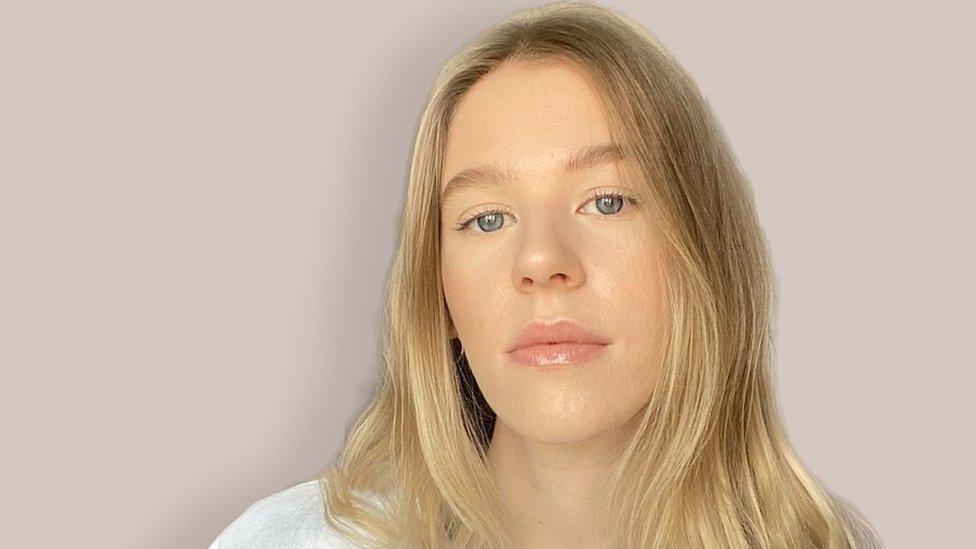
Emily Joeres says she feels like she has a purpose after finding stable work
Like Aqibur, Emily Joeres was in insecure employment after the pandemic.
The 22-year-old started a social media platform based around wellness and self development, but she says her days and working life lacked structure and stability.
After the initial "wave" of setting up the platform, she says it got to a point where she didn't have a reason to get up in the morning.
"I was just very isolated, just spending a lot of time on my own."
She now has a job with regular hours and a contract, which says has boosted her mental health in the most positive way and made her feel like she has a purpose.
'Take the small wins'
If you're looking to find a more stable job or improve your career prospects, Tish Antunes, who works with young people at the Prince's Trust, has some advice.
"Sometimes a win for the day is making your bed. Sometimes a win for your day is waking up at the time that you set yourself to do so it really depends on your life."
She also recommends not comparing your journey to other people's, and says activities such as meditation, going for walks and reaching out to people that care about you can really help.
"If you improve 1% each day that accumulates and then, six months after that, you look back and you'll have a completely different life," says Tish.
Tish says you shouldn't be afraid to look for help.
"There are plenty of services that can help so you don't have to go through it alone. "
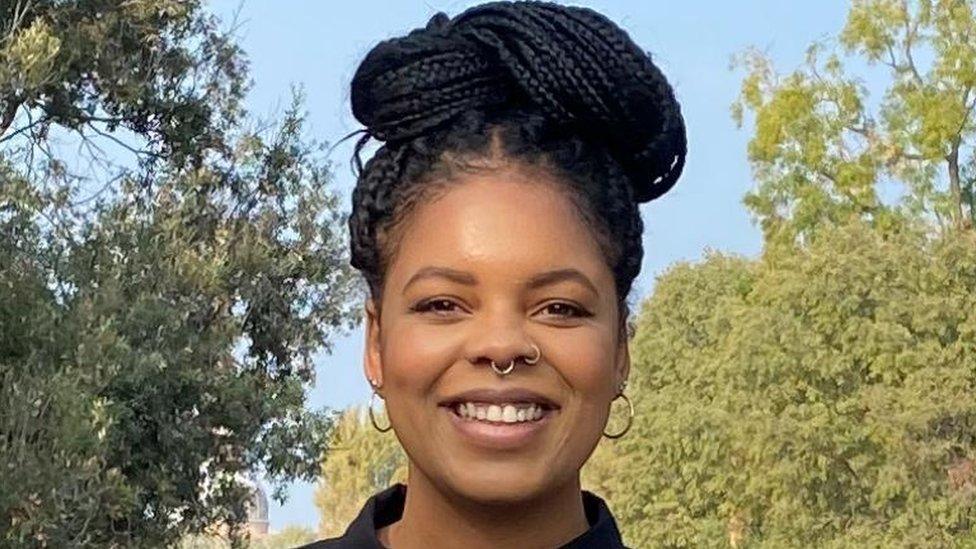
Tish works with young people at the Prince's Trust
But as Tish points out, temporary jobs and zero-hour contracts aren't always a bad thing.
"You could be a student and just want to find a part-time job, or even if you've been out of work for a while and starting with a part-time job."
Aqibur also has some advice.
"Despite how dark and difficult times do get, eventually, opportunity will open up. And it's up to you to choose whether you take that or not."
He says he tries to learn something new every day.
"You have to take time to develop yourself and take time to work on yourself.
"Because if you if you just give up on yourself, you've kind of just chosen to live that life."
If you've been affected by the issues raised in this article, help and support is available via BBC Action Line.


Follow Newsbeat on Twitter, external and YouTube, external.
Listen to Newsbeat live at 12:45 and 17:45 weekdays - or listen back here.
- Published19 January 2023
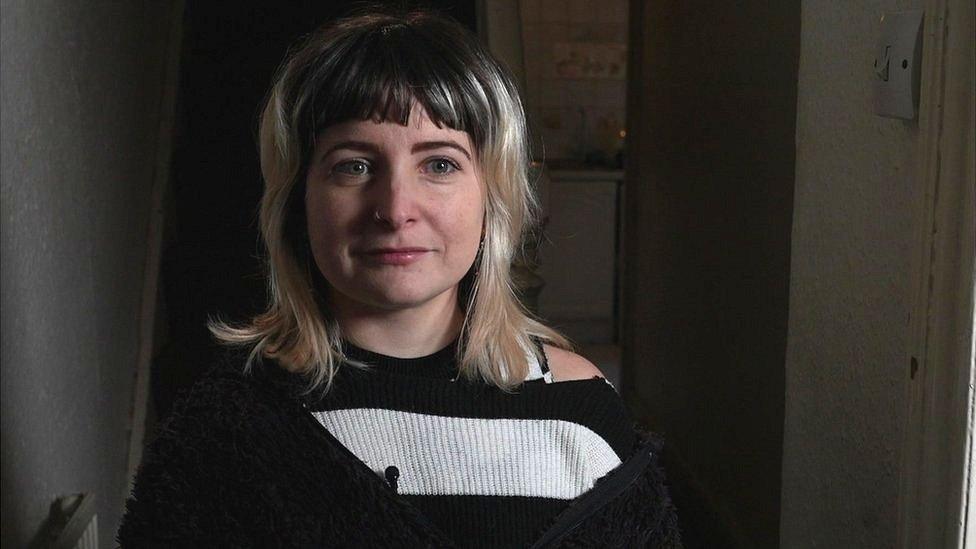
- Published10 November 2022
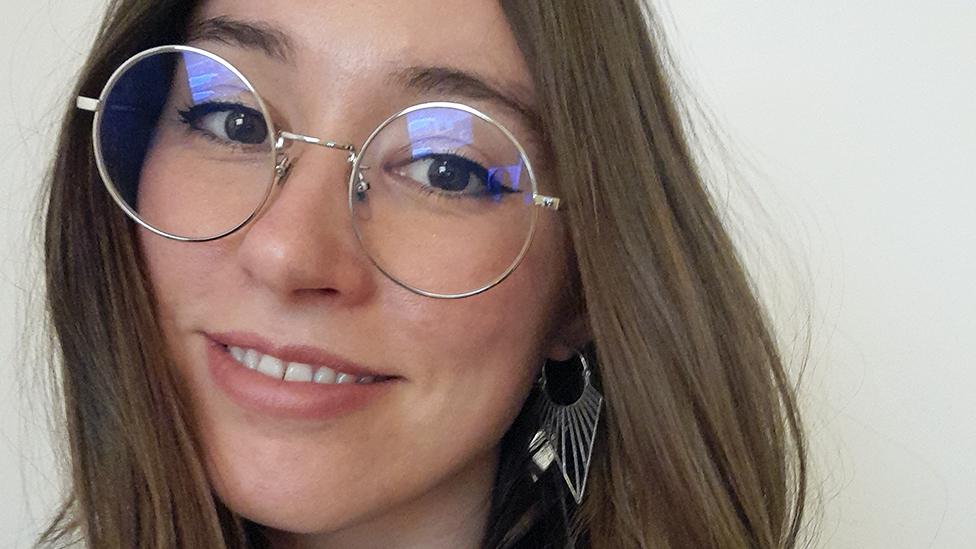
- Published2 November 2022
